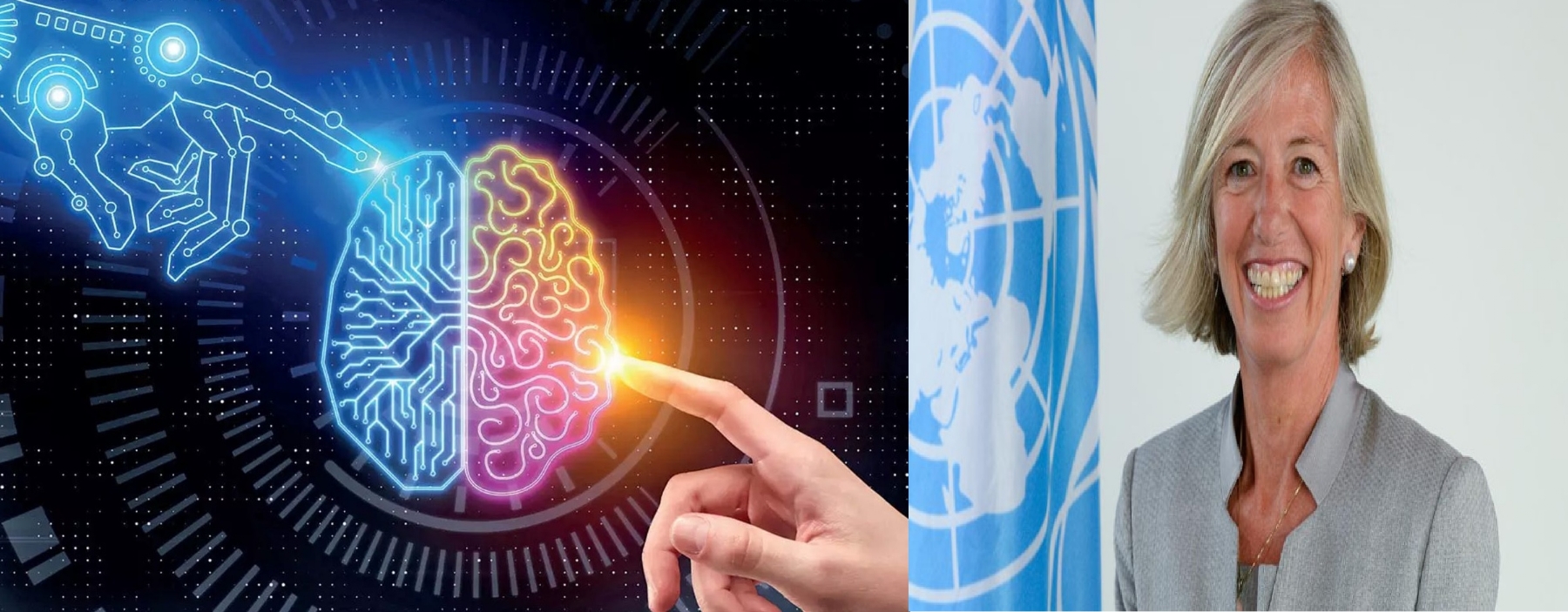‘AI can transform lives but poses threat if mishandled’
30 Sep 2024 11:10:53

Stefania Giannini, Assistant Director General for Education at UNESCO. (PTI)
By Gunjan Sharma :
NEW DELHI
ARTIFICIAL Intelligence is a technology that holds potential to transform human life in profound ways, much like the discovery of fire, but it also poses significant risks if mishandled, said Stefania Giannini, UNESCO’s Assistant Director General for Education.
In an interview with PTI from Paris, Giannini, who is also the former Minister of Education in Italy, said each technological revolution has had broad social and educational implications, radically changing the way we live and how we learn.
She flagged that the digital divide in countries is still very much deep and the new technology, if not driven and supported by the appropriate investments, will widen this divide. “Over the course of my career, I have witnessed at least four digital revolutions – from the advent of personal computers to the expansion of the Internet, to the emergence of mobile devices and social media and to the rapid and unexpected arrival of generative artificial intelligence (AI) like ChatGPT,” she said.
Giannini said that each technological revolution has had broad social and educational implications, radically changing the way we live and how we learn. Although not all people and not all countries have felt these technological revolutions in the same way, everywhere the new worlds they create have been sources of both hope and concern, she added.
Noting that AI has been compared to the discovery of fire, she said, like fire, AI offers both potential benefits and dangers.
It can transform our lives in remarkable ways, at both individual and societal levels — from schools to healthcare, work and transportation, but just as fire, if mishandled it can pose great threats, Giannini said. According to UNESCO’s Global Education Monitoring Report, technology is never ideologically neutral and new AI models and applications are no exception. AI applications like ChatGPT generate new data from the vast amount of input available online, raising fundamental questions about human knowledge, education and learning, she said.
“As AI continues to mine our collective intelligence and may soon outpace human capabilities, as experts now argue, we will still have the tools to control and steer technology to benefit humanity,” she added.
Giannini said that AI cannot be classified as good or bad when it comes to education.
She emphasised the need for Governments and international bodies to establish robust frameworks to regulate AI in education as its final users are schools, learners and teachers. Talking about the challenges of the use of AI in the education system, Giannini said, firstly what content and curriculum are appropriate for the digital age.
“The second pressing issue is the assessment systems. How will we assess learning outcomes? Exams that were once ‘unhackable’ are now easily hackable with AI applications. This raises tricky ethical questions, which have increased along with heated debate about the future of assessment, as students worldwide use AI for assignments.